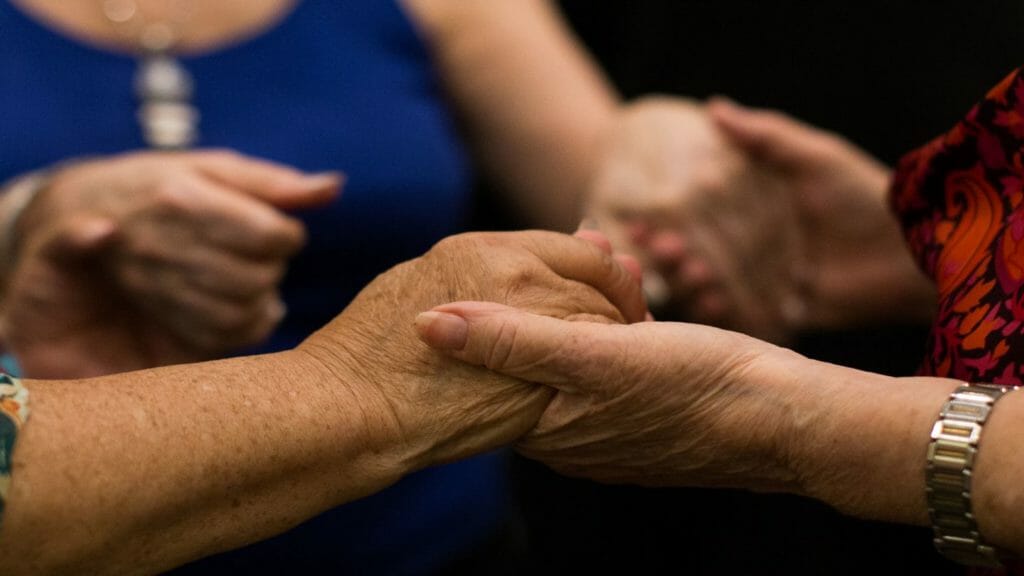
On Jan. 27, the world observed International Holocaust Remembrance Day to honor those who lost their lives during the genocide. For those in Selfhelp’s Holocaust Survivor Program, the observance is a reminder of the trauma they endured, as well as their strength and willpower to overcome horrific obstacles.
“When survivors are alone and they don’t have anyone to talk to, what happens is they revert back to the memories of the war,” Hanan Simhon, vice president of Selfhelp’s Holocaust Survivor Program, explained to McKnight’s Home Care Daily Pulse. “It’s a terrible situation for them so we try to bring them out, bring them out from their homes, bring them into social activities and group activities with each other.”
Survivorship assistance is one of many services that Selfhelp, a not-for-profit human services agency, offers. Selfhelp serves more than 25,000 elderly, frail, and vulnerable New Yorkers each year with offerings that include a home care program that provides skilled nursing, and assistance with bathing, grooming, housekeeping, preparing meals and performing other daily chores. Its Holocaust Survivor Program remains the largest provider of comprehensive services to Holocaust survivors in North America, according to its website.
“Selfhelp started about 86 years ago in 1936 when a group of volunteers in New York City began to see how Nazi Germany was persecuting its people, Jewish people and other people as well, got together and they decided that they wanted to try to help,” Simhon explained. “They wanted to help bring people who are trying to escape that persecution and come to the United States and parts of Europe that they could flee to. And so they started sending money over to flee and it was all a volunteer-based organization at that time.”
After the war, Selfhelp assisted in the resettlement, employment and assimilation of the survivors who made it to New York City. Today, Selfhelp serves approximately 5,400 survivors. Activities range from coffee house social programs to “Witness Theater,” a drama therapy program in which local high school students act out stories from the survivors. These events offer patients a chance to connect not only with younger generations but with others who share their experiences.
“Unfortunately, it’s hard to understand what survivors went through. As a matter of fact, it’s so hard to understand that some people don’t believe it, they start denying the Holocaust,” said Simhon. “They’ve gone through decades and decades of life, feeling that nobody could understand them, except for each other.”
While the Holocaust may have occurred decades ago, it still lives in the memories of the survivors who were lucky enough to escape with their lives. Now as survivors’ days on this planet wind down, they have a guardian angel watching over them, Simhon said.
“Overall, that’s our, that’s our mission and our passion,” Simhon said. “To take care of the survivors until there are no survivors left in any way that we can.”
Home Sweet Home is a feature appearing Mondays in McKnight’s Home Care Daily Pulse. The story focuses on a heartwarming, entertaining or quirky happening affecting the world of home care. If you have a topic that might be worthy of the spotlight in Home Sweet Home, please email Special Projects Coordinator Foster Stubbs at [email protected].



